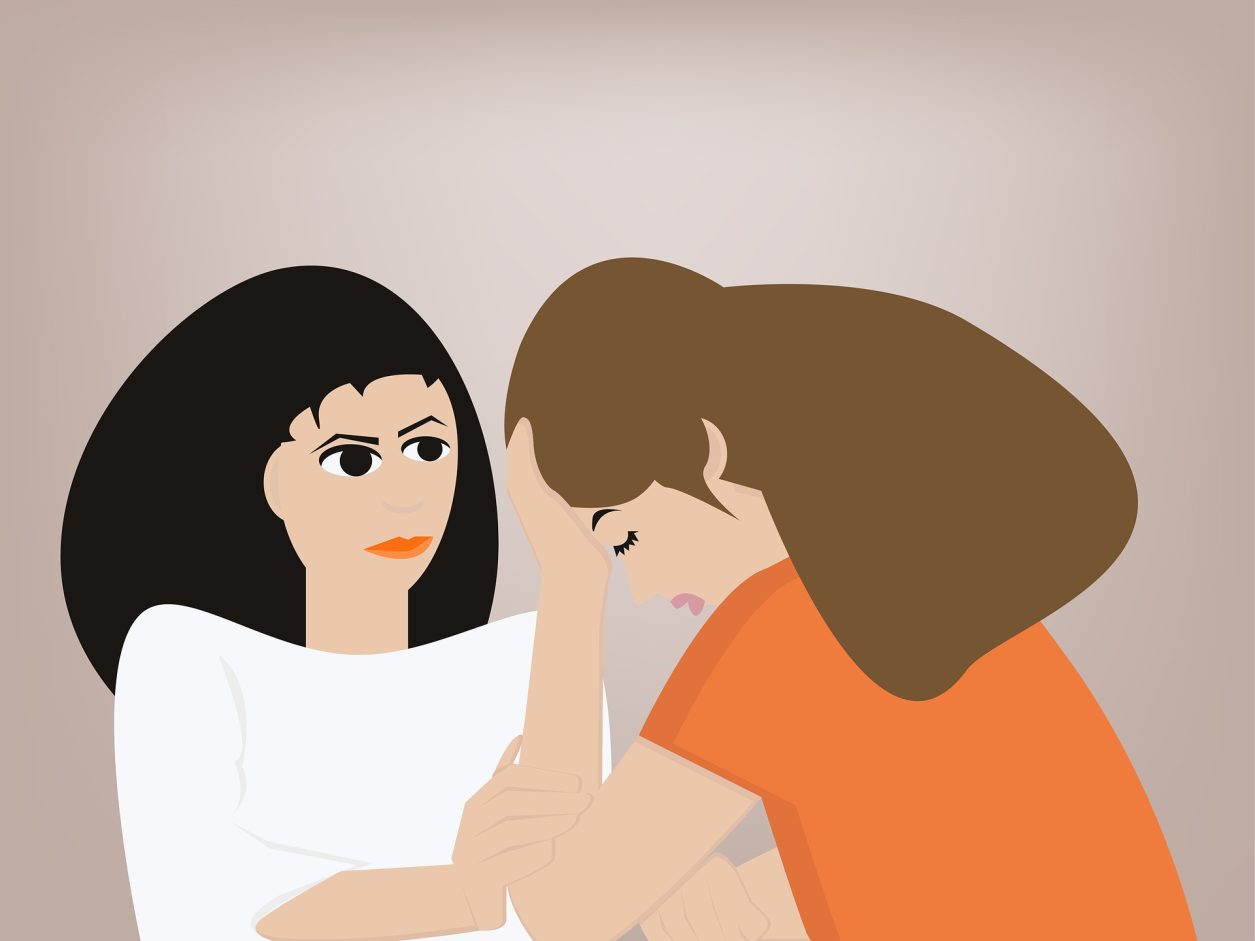
Mental health problems have become widespread in the United States, especially since the pandemic has affected the nation’s well-being. Many Americans today are suffering from depression and addiction.
Still, patients aren’t the only people suffering because of their problems. Unfortunately, an addict’s family members suffer as well since they often find themselves incapable of helping their loved ones recover from these diseases. Statistics from 2017 have shown that around one-half of Americans have family members who have declining mental health. So, how do you help a mental health patient find the necessary treatment? Well, we’ve described here some ways to help your family member overcome mental health problems:
Recognize initial symptoms
First, family members should watch out for the warning signs of mental health problems. Symptoms of mental diseases may indicate your loved ones need some assistance. Some of these signs can include anxiety, insomnia, mood swings, social withdrawal, and risk-taking behaviors. Addressing the mental illness becomes easier for doctors when family members catch these signs in the beginning. So, don’t disregard these symptoms and get your loved ones the help they need to get better soon.
Find professional help
The most crucial thing you can do for the patient is to locate some quality rehab centers. Search for recovery facilities online and select the perfect location for the person with mental illness. We suggest people check out Serenity at Summit for medical detox and inpatient treatment. Finding professional help is important since your family member won’t get better with mere thoughts and prayers. These rehab centers offer family programs to promise long-term success and better caregiving for your patient.
Talk about feelings
Discuss your loved one’s feelings and talk to them about their thoughts/emotions. Ask them queries such as “How are you?” and you shall help them lose that emotional burden for a while. Allow them to open up to you so you can help them better and find the medical resources they require. Feelings are important, and they must be addressed. So, don’t forget you inquire about your family member’s feelings instead of asking superficial questions. Let them know that you can be their confidant too.
Work with doctors
Yes, working directly with your family member’s healthcare provider/s isn’t easy because we have a bunch of HIPAA laws, and then there’s the issue of confidentiality. But you can improve the efficiency of the treatment plan by collaborating with the doctor. Talk to the family member’s social worker since they may include relatives in their meetings. Join your loved one’s healing process by attending group therapy sessions. But keep your expectations realistic about recovery.
Always show up
The worst thing you can do is to leave the family member alone and stop showing up! You shouldn’t forget mental health problems often compel the patient to seek isolation and avoid gatherings. But they secretly crave the companionship of someone they can trust. So, show up when the patient is struggling. Show up uninvited because you can always leave if the family member genuinely wants to be alone. Just let them know you’re available to hang out and the patient isn’t alone.
Educate yourself properly
How much do you know about that mental illness? Educate yourself now about the family member’s illness to understand how you can help them recover from it. This education will let you educate the patient as well and make them learn more about their condition. Rebuke all myths about the illness. Debunk misconceptions associated with cravings. Help everyone around the patient understand the severity of their symptoms. That’s how you can make treatments more effective for your patient.
Listen without judgment
You should adhere to what we call “active listening,” in which you listen to patients without shaming them or judging them for their bad decisions. Be patient, accepting, and empowering while listening to the sufferings of your family member. Don’t make them feel guilty since it’s counterproductive. A patient doesn’t need to hear your criticism since it damages the healing process. Focus on the future and tell the patient to forget the past. Help them become a better person, and don’t point fingers.
Don’t control patients
Mental health patients don’t wish to lose control, and they may get offended if you attempt to force your views on them. Your job’s to educate, empower, and strengthen them; empowering requires patients to feel in control of their well-being. Your family member can suffer from low self-esteem, so don’t let them lose confidence in themselves. Allow them to make their decisions so they may learn that healing is possible. Controlling your patient won’t address the root cause behind this illness.
Always be there
Take “I’ll be there for you” from Friends seriously because real friends don’t shy away from even the tiniest of all gestures during hard times. You can drive them to the clinic, pick up their meds, or just hang out with them at home. Don’t forget that mental health patients want a normal routine. They mostly like it when friends are there for a coffee or to “Netflix and chill.” Always be there when the patient needs your help so you can prevent them from doing something drastic.
Seek some self-support
Are you taking care of yourself? Don’t forget to focus on self-care while catering to your loved one’s needs, as you can’t help your family member get better while being diseased yourself. The family member’s addiction can make you furious and irritable. But you must seek self-control, regulate negative emotions, and be mindful of how your behavior may affect the patient. So, we suggest you take care of yourself as well. Don’t disregard your well-being while nursing a patient in your family.
Conclusion
Do you know someone in the family who suffers from mental health problems? Chances are you may! So, surveys indicate that every fifth person in the United States today lives with a mental disorder. But your endeavors can help that person get better and overcome their addiction. Recognize the symptoms of an unfortunate condition and educate yourself about mental illness. Find rehab centers for the patient and work with doctors to help the patient recover. Talk to them about their feelings, refrain from shaming or judging them, and don’t try to control them. Moreover, seek some mental health support for yourself as well. Always be there for them and let them know that you care about them in their time of need.



